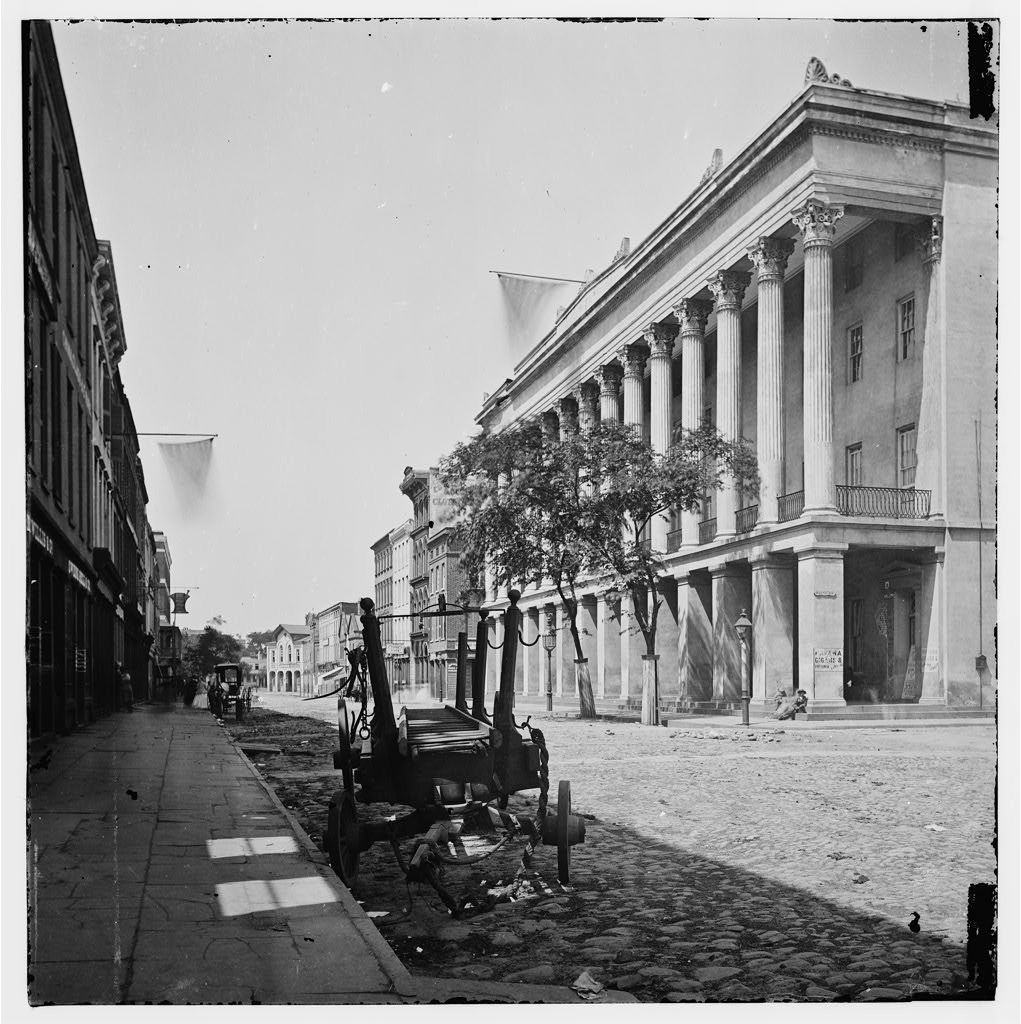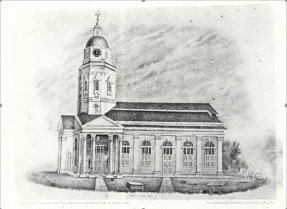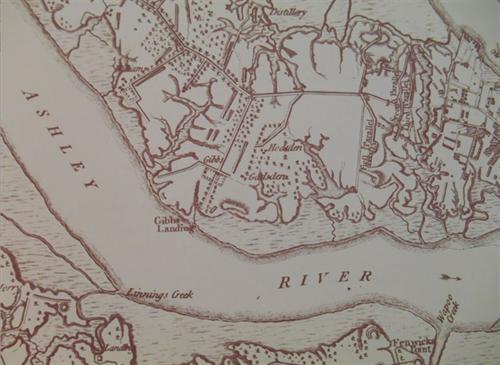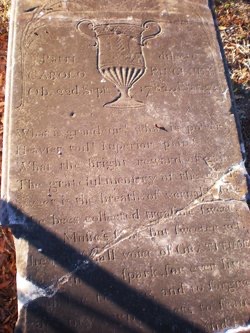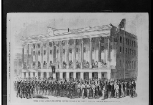
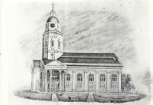
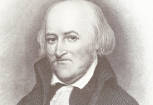

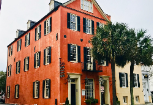

MARCH
March 1
1711 -- Because the congregation of St. Philip's Anglican Church was outgrowing its building at the corner of Broad and Meeting streets, the colonial Assembly passed an "Act for Erecting a New Brick Church" on the east side of Church Street, just above Queen Street. (Source: Charleston, Charleston!, p. 31.)
1770 -- A committee appointed by members of the Charleston Library Society made their report recommending that fundraising should be undertaken for the creation of a school, a predecessor of the College of Charleston. (Source: A History of the College of Charleston, p. 11)
March 2
1786 -- Seeking a less expensive means by which to move their goods (as opposed to the expensive new Santee Canal), landowners in Goose Creek petitioned the State House to create turnpikes and tolls along the Goose Creek Road that ran from Charleston to Wassamassaw in an effort to ensure better maintenance of the land route. (Source: Goose Creek: A Definitive History, Volume II, p. 28.)
March 3
1901 -- The Naval Appropriations Act provided funding for the development of a new Naval Base just north of Charleston along the banks of the Cooper River. It would become the state's driving economic force of the 20th century.
1986 -- News & Courier columnist Ashley Cooper wrote a piece recalling the grand Charleston Hotel, describing it as: “one of the few remaining links with the romantic days of terrapin soup, gas lights and visiting royalty.”
March 6
1750 -- The Rev. Robert Stone wrote in a letter: "in Goose Creek ... health was so bad that fourty-five was considered the common age of man." (Source: Goose Creek: A Definitive History, p. 56)
March 7
1732 -- Col. Charles Pinckney was born.
March 8
1737 -- The journal of the Commons House of Assembly authorized payment for "beef killed" and used by the Goose Creek Company during the "time of the Negro insurrection," providing documentation of one of the slave uprisings in the Lowcountry. (Source: Goose Creek: A Definitive History, p. 90)
March 12
1737 -- Thomas Monck, a planter from Goose Creek who was one of the few planters who branded his slaves, advertised in ithe South Carolina Gazette offering a five-pound reward for the return of his enslaved Angolan man named Cudja. He described him as being "branded on his right breat 'T Monck.'" (Source: Goose Creek: A Definitive History, p. 90)
March 14
1886 -- Mrs. S. A. Lofton wrote a letter to New Wappetaw Church saying "The unchristlike and official misconduct of R.T. Morrison, Jr., J.B. Morrison, and A.W. Leland towards my family necesessitates my removal from your church." (Source: Home in the Village, p. 127)
March 17
1799 -- The Hibernian Society was established by by eight prosperous Irishmen, both Catholic and Protestant, for the purpose of “true enjoyment and useful beneficence,” according to early records.
1801 -- Two years after its founding on this date, the Hibernian Society adpoted its name, motto and seal.
March 18
1758 -- The Assembly denied Lt. Col. Henry Bouquet's demand that they pay for his soldiers' housing. Among those who were opposed were Peter Manigault, Christopher Gadsden, Charles Pinckney, Henry Laurens and Rawlins Lowndes, writing "Officers and Soldiers cannot, legally or constitutionally, be quarter'd in private Houses, without the special Consent of the Owners or Possessors of such Houses."
March 19
1785 -- Because "the proper education of youth is essential to the happiness and prosperity of every community," the General Assembly of South Carolina passed an "act for erecting and establishing" the College of Cambridge in the district of Ninety-Six, Mt. Zion College in the district of Camden, and the College of Charleston, in or near the city of Charleston. (Source: A History of the College of Charleston, p. 1)
2024 -- Elizabeth "Libby" Alexander Murdaugh, 85, a former librarian and teacher in the Lowcountry's public school system, passed away in Varnville after a long illness with dementia. One of her three sons, Alex Murdaugh, claimed he was visiting his mother during the June evening when his wife Maggie and son Paul were brutally shot to death at their country house's dog kennels. Mobile phone data showed Murdaugh was telling the truth about where he went, although he appeared to overestimate the time he spent with his mother. A video, taken by his son, showed Murdaugh was with them just minutes before he and his mother’s cellphones were never used again. Prosecutors convinced a jury that Murdaugh had enough time to kill them, clean up evidence and get to his mother’s house and back. The case made international headlines for its Southern Gothic macabre.
March 28
1780 -- Sir Henry Clinton and his troops made camp at Drayton Hall along the Ashley River.
March 30
1780 -- Leading a large contingent of British soldiers, Sir Henry Clinton set up camp near what today is Hampton Park and began bringing his troops over at Gibbes’ Landing. In his journal, a Hessian jager (or sharpshooter) Capt. Johann Ewald relates that they were posted at Grove Plantation, where he “did picket duty in one of the most beautiful pleasure gardens of the world.”
